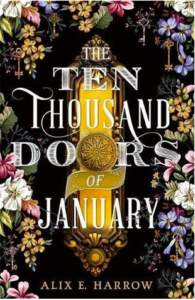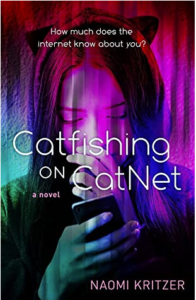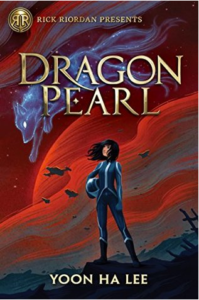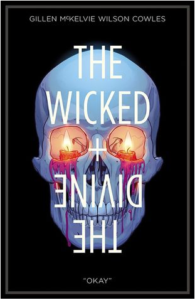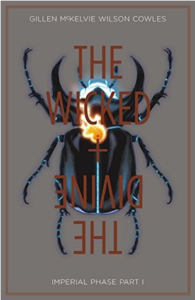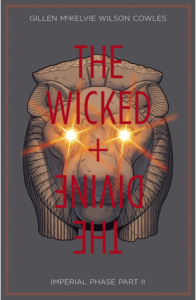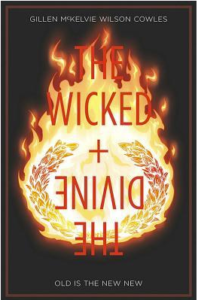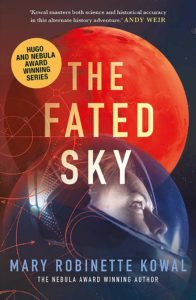A fast, funny, incredibly relevant look at teenagers and voting in today’s America. Marva Sheridan is the kind of responsible straight-A student whose entire life revolves around how she can make a difference. She’s super-focused and organized, to the point where her parents wish she would let loose and just be an irresponsible teenager every once in a while. Her boyfriend Alec is the cutest guy at the private school they attend, and though he’s white, he totally understands and supports her political activism. Or so she thought. Because today is voting day and he’s decided he’s going to sit out the election because he no longer believes in America’s two-party system.
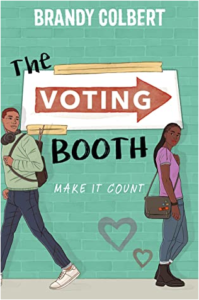 Duke Crenshaw just wants to do his civic duty and get on with his day. His band has their first paying gig tonight, plus he’s got a big test at school, but voting is important to his family, so much so that he’s been pre-registered to vote since he was sixteen. He is thus utterly gobsmacked to discover that he isn’t on the precinct rolls at all. Overachieving Marva steps in to help, launching the two on a day-long journey of conversation, self-discovery and romance.
Duke Crenshaw just wants to do his civic duty and get on with his day. His band has their first paying gig tonight, plus he’s got a big test at school, but voting is important to his family, so much so that he’s been pre-registered to vote since he was sixteen. He is thus utterly gobsmacked to discover that he isn’t on the precinct rolls at all. Overachieving Marva steps in to help, launching the two on a day-long journey of conversation, self-discovery and romance.
This was such a terrific book, covering so many aspects of being Black and biracial in America, as well as the many complex issues surrounding voting today. Marva and Duke are adorable both singly and together as they race around their county to ensure that Duke gets to vote. It’s the perfect book to spur the apathetic person in your life to go line up at the polls — tho having myself recently discovered the joys of the mail-in ballot, I cannot help but think it the superior way to have your voice heard and opinion count. Being able to sit at my kitchen table and have a cup of coffee while looking up each candidate and measure, and then only needing to mark my ballot once and mail it in at my leisure was pretty freaking sweet. Trying to eliminate this option instead of spreading it is a particularly evil form of voter suppression.
My only issue with the book itself was the fairly short shrift both Alec and Kendall got in the narrative. I know that part of the appeal of The Voting Booth is that it takes place on a single, defining day, but I felt that Alec’s change from awesome boyfriend to jerkface was way too abrupt. Also, having been in Kendall’s position, I feel that she deserved way more from Duke than whatever the hell he managed to say before the gig. Heroes of romance novels shouldn’t fuck around with people’s feelings like that, ijs.
Clunky romantic speed bumps aside, this was a really great book about young Americans voting. It deserves to be read widely, and will hopefully encourage more civic participation from its readers (psst, fellow Americans here at home, also visit Vote.org to check on your own registration and other voting info ahead of November.)

